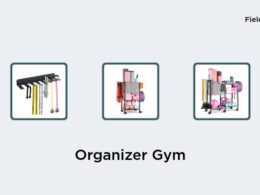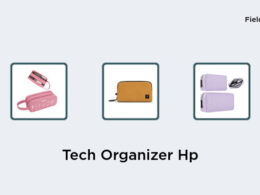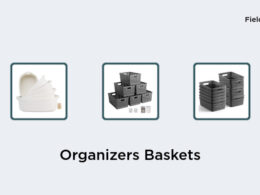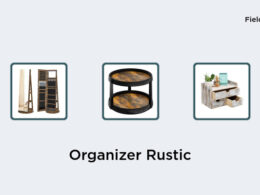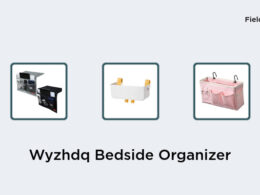If you’re a book lover, then you know how important it is to keep your personal library in tip-top shape. Maintaining your home library doesn’t have to be a chore, and with these simple tips, you’ll be well on your way to preserving your treasured collection for years to come.
Keep books in a secure space: To prevent damage caused by humidity or pests, it’s important to keep books in a safe and secure space such as a bookshelf or cabinet. Avoid storing books in attics or basements which may be prone to flooding, leaks or temperature changes that can damage books beyond repair.
Protect your books from direct sunlight: Exposure to direct sunlight can cause the pages and covers of your books to fade and deteriorate over time. So, if possible, keep your books in a shaded area, or use curtains or blinds to block out the sun’s rays.
Clean your books frequently: Dust and debris can accumulate on the top edge, headers, and covers of your books, making them unattractive and hard to read. Gently wipe down your books with a soft cloth or a feather duster on a regular basis to keep them looking their best.
Use bookends to prevent warping: Over time, books can become warped or bent out of shape if they are not stored properly. By using bookends to keep the books upright, you can help prevent this from happening. Additionally, this helps to keep your bookshelf tidy and organized.
By taking these simple steps to care for your books, you can help ensure that they remain in great condition for many years to come. Happy reading!







